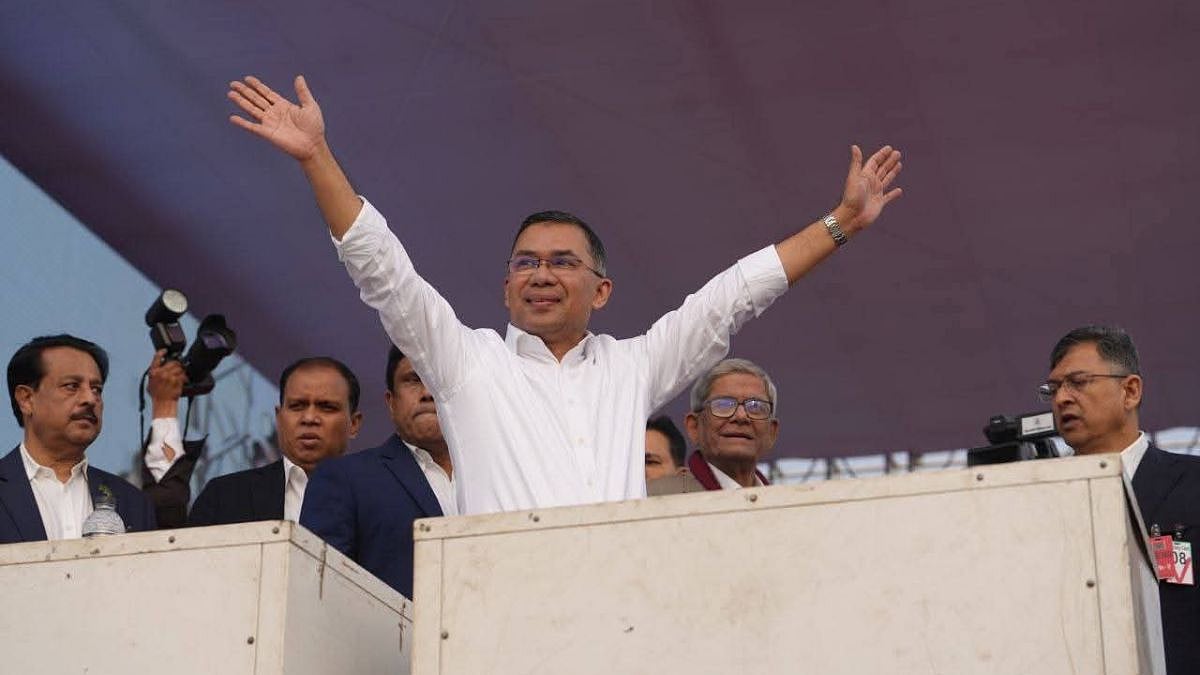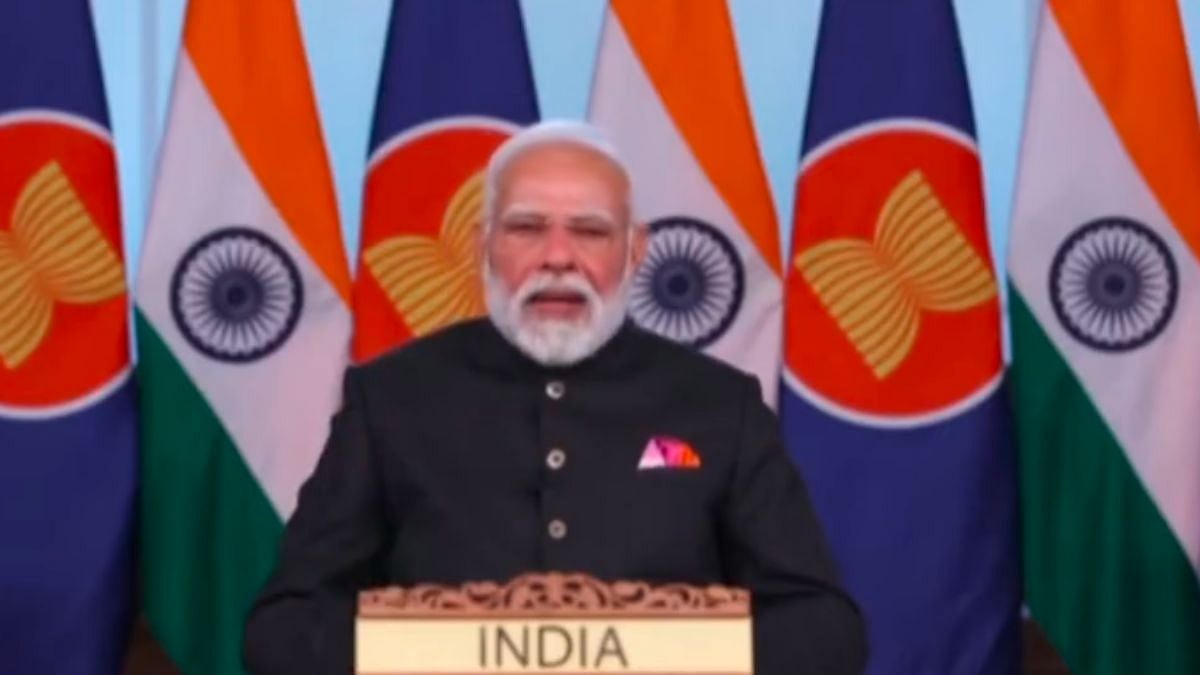The Nobel prize in economics for 2024, or more correctly Sveriges Riksbank Prize in Economic Sciences, awarded earlier this week has triggered off debates not as much about economics but about colonialism and its institutions. Economists Daron Acemoglu, Simon Johnson and James Robinson were awarded for their significant work on how a nation’s institutions shape its economic development. Among the most cited in economics, their work not only draws a connection between the two but parses societal institutions into “inclusive” and “extractive”, and theorises that inclusive institutions have a positive long-term impact on economic prosperity while extractive institutions stifle a country’s economic development. They claim inclusive institutions are the ones that promote democracy, limit corruption, enforce justice and property rights; the extractive show a high concentration of power, corruption, and limited political freedom.
The claim that certain institutions are a pre-condition for economic development has drawn criticism from within the discipline because inclusive institutions in many high-income western economies came about after their development. Equally important is how countries like China, to take an example, enjoy staggering economic prosperity despite “extractive” institutions. The economists have ignored the impact of colonialism — and its extractive institutions in colonies — on economic development. This should interest India where the flavour of the season is to throw off the colonial yoke and symbols. Its institutions, a colonial legacy, still function on the discredited trickle-down theory; there has been a staggering rise in its billionaires count even as household savings have fallen sharply with people spending more on basic necessities. If anything, this year’s Nobel prize in economics draws attention to why it is critical for India to de-colonise its economic structure that was, and continues to be, based on the extractive principle.





